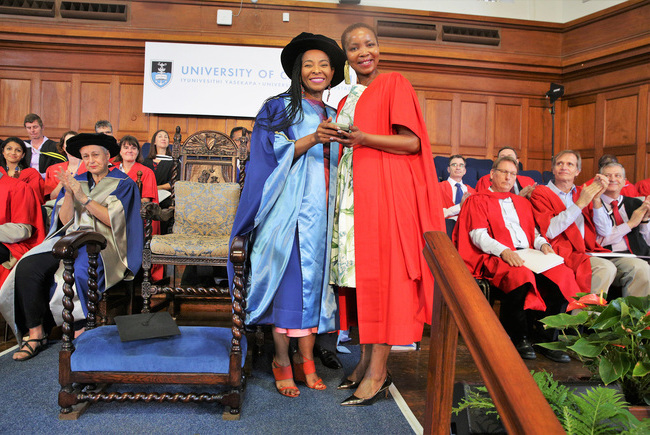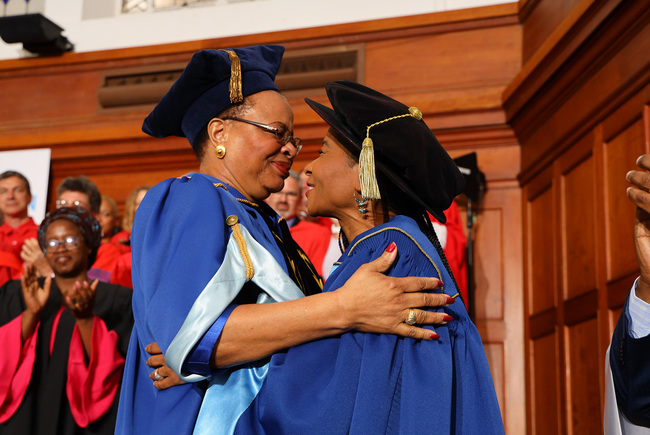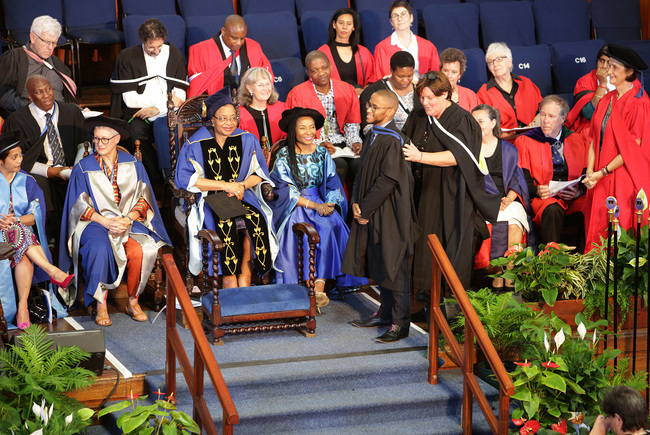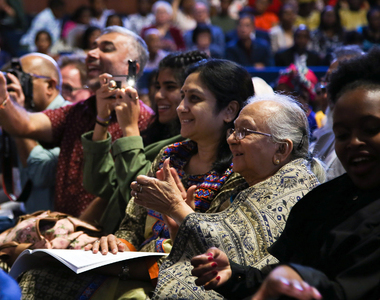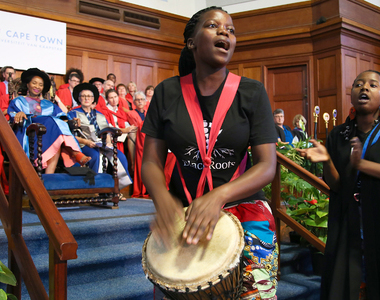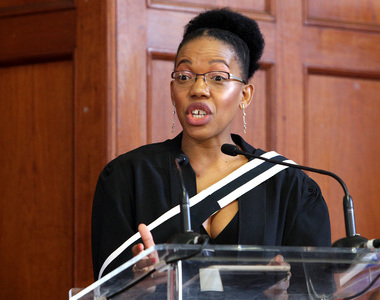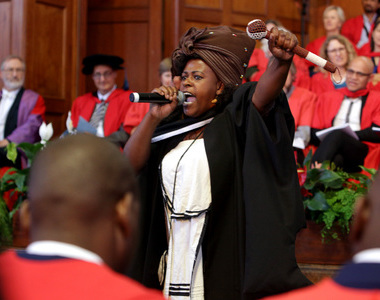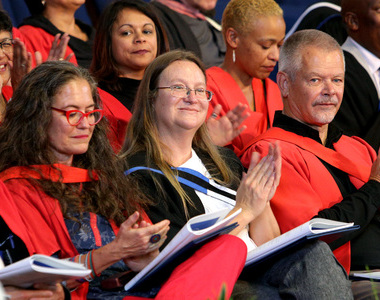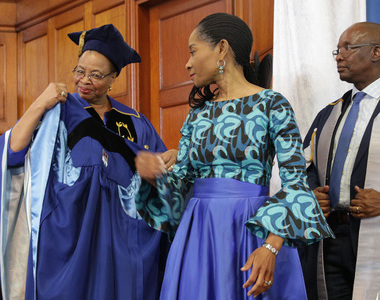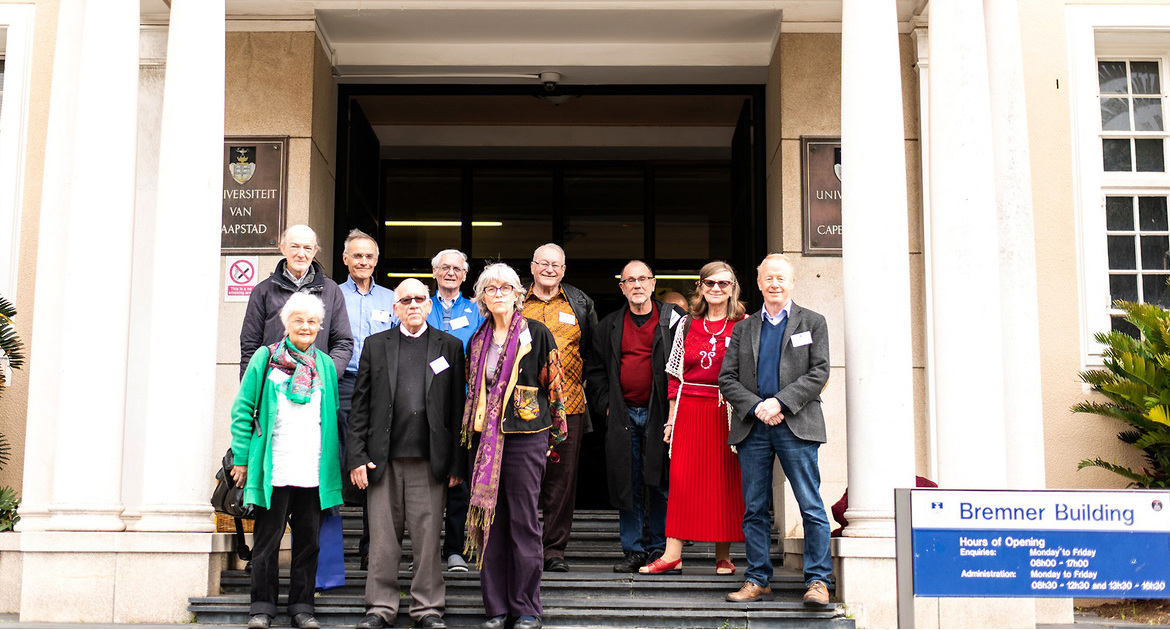Never too late to overcome the odds
07 December 2018 | Story Penny Haw. Photo Supplied. Read time 7 min.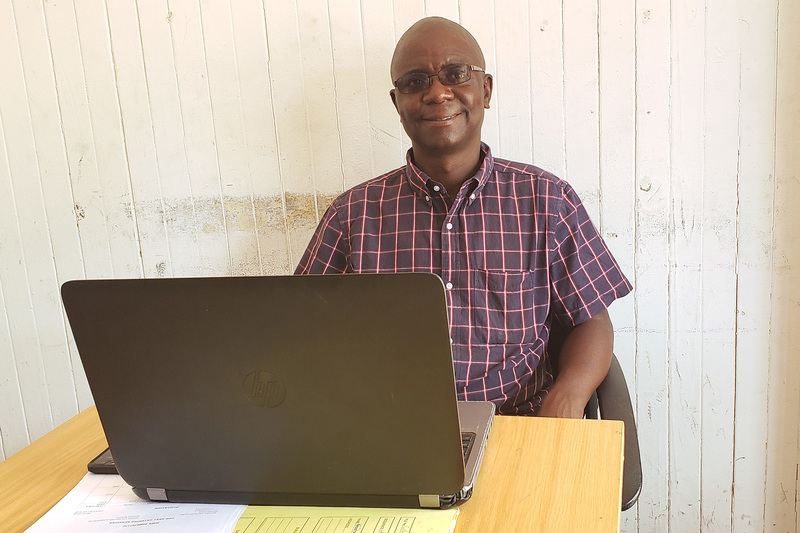
Friends often tell environmental and geographical scientist Witness Kozanayi that he left his PhD late. He is undeterred. While his academic journey began later than many and followed a road less travelled, Kozanayi’s resolve never wavered. Now, with graduation imminent, he’s proven “it is never too late to catch up”.
Born in Jinga in the Chimanimani district of eastern Zimbabwe, Kozanayi’s early education was delayed by school closures during the war of liberation. He was 11 when it was finally possible to enrol in grade one.
In 1992, after completing his A levels in Mutare, Kozanayi was appointed translator to a group of international researchers led by the Institute of Environmental Studies at the University of Zimbabwe. They were studying the value of trees near his home.
“My job was to serve as a translator and I assisted with collection of ecological surveys,” he explained.
“Minimally, I was also involved in the writing of the workshop report by giving insights on the issues under study. This was a two-week assignment, but it was to be a turning point in my life.”
Kozanayi was fascinated by the work, and his curiosity and aptitude were soon noticed by the researchers, among them four professors who he continues to communicate with today. In 1994, he enrolled at an agricultural college. While studying for his diploma, he simultaneously nurtured his interest in research by continuing to accept short assignments from the university.
As a result, having graduated with a diploma in 1996, he was appointed research assistant at the university and, with a little mentoring, was soon writing technical and journal articles. But he wasn’t entirely content.
“Though I fast mastered the art of research – and attended and presented papers at international fora – still I was looked down upon in some circles because I did not have a degree,” he said.
“Education can be a liberator in terms of knowledge generation and subsequently creating better job opportunities.”
Natural resource governance
“I could not do the degree full-time because I had to work to support my family and hone my skills in research, so I opted to do the degree through distance learning [via the Zimbabwe Open University] – a feat I later realised was not an easy one.”
As he successfully juggled work, studies and family life, Kozanayi’s first degree at the Zimbabwe Open University helped advance his research abilities. He became recognised as an authoritative participatory research and community interlocutor with a keen interest in natural resource governance.
Opportunity to study further followed when he secured a scholarship to do his masterʼs at Cranfield University in the United Kingdom.
“Being awarded the prestigious Chevening Scholarship was a high point in my life, more so because I received it when I was already beyond the age limit,” he said.
“But, while studying at Cranfield boosted my confidence and honed my research skills, in some sense the timing was [unfortunate].
“I ‘deserted’ my young family at a time when Zimbabwe was going through its worst economic and social challenges. It was a very hard decision, but one that I had to make. Family had to sacrifice and it was a hard, long year of study.
“But, instead of being disturbed by the challenges back home, I drew strength to work harder in my studies and was rewarded by not failing a single course.”
Connected to the community
In 2010, Kozanayi registered for a PhD at UCT. His focus on the governance of the baobab tree was inspired by his ongoing fascination with his home and everything around it.
“Growing up in a rural area, I was always intrigued by the rich body of knowledge my community had about everything local – the environment, rivers, trees, animals, soil, birds and so on – and how that knowledge always contradicted what government authorities knew and told us to do or not do,” he explained.
“The baobab tree in particular is dear to the hearts of the people of my community due to its various uses – consumable and non-consumable. It’s also the subject of songs, folklore and idioms. Yet, like the local people’s knowledge system, until the 2000s, when commercial harvesting started, the baobab was not readily acknowledged as an important tree by government authorities.”
Curious about the disconnect between the knowledge of locals versus that of the state, and wondering whether the two could not complement one another rather, Kozanayi sought “to understand the linkages between customary and statutory forms of natural resource governance and the impact of that interface on local people’s livelihoods and the environment” in his PhD.
Indeed, international studies notwithstanding and despite having published scholarly articles in international publications, presenting at conferences around the world and collaborating on international research projects, his connection to the communities in the area in which he grew up has never diminished.
“Growing up in a rural area, I was always intrigued by the rich body of knowledge my community had about everything local.”
“This brings a richness of engaged scholarship to every aspect of his work,” said Associate Professor Rachel Wynberg of the Department of Environmental and Geographical Science, who, together with two of Kozanayi’s historical mentors (Associate Professor Frank Matose and Professor Timm Hoffman) supervised his PhD at UCT.
Facing the challenges
Pursuing a doctorate remotely from Zimbabwe posed several challenges, many of which, said Kozanayi, are consequences of working in an “economy still in the intensive care unit”.
Electricity was erratic. Colleagues at the University of Zimbabwe (who could otherwise have provided him with support) left for other opportunities. Moreover, the network connectivity was so poor, he was regularly obliged to ask peers at UCT to download and send him reading material. But there were, he insisted, advantages too.
“Studying alongside tough, daily realities of life also helped me to [get serious] and work harder to get out of the quagmire,” he said.
“Education can be a liberator in terms of knowledge generation and subsequently creating better job opportunities.”
Among these opportunities is the offer of a postdoctoral research fellowship at UCT’s Department of Environmental and Geographical Science starting in January. Kozanayi also hopes to find further work in academia at the University of Zimbabwe.
“From a personal point of view, joining the university is gratifying as it will give me the chance to help nurture talent the way others have built my career. It will be a way to pay back society.”
 This work is licensed under a Creative Commons Attribution-NoDerivatives 4.0 International License.
This work is licensed under a Creative Commons Attribution-NoDerivatives 4.0 International License.
Please view the republishing articles page for more information.
December graduation
The 2018 December graduation season features six ceremonies, including the official robing of Vice-Chancellor Professor Mamokgethi Phakeng.
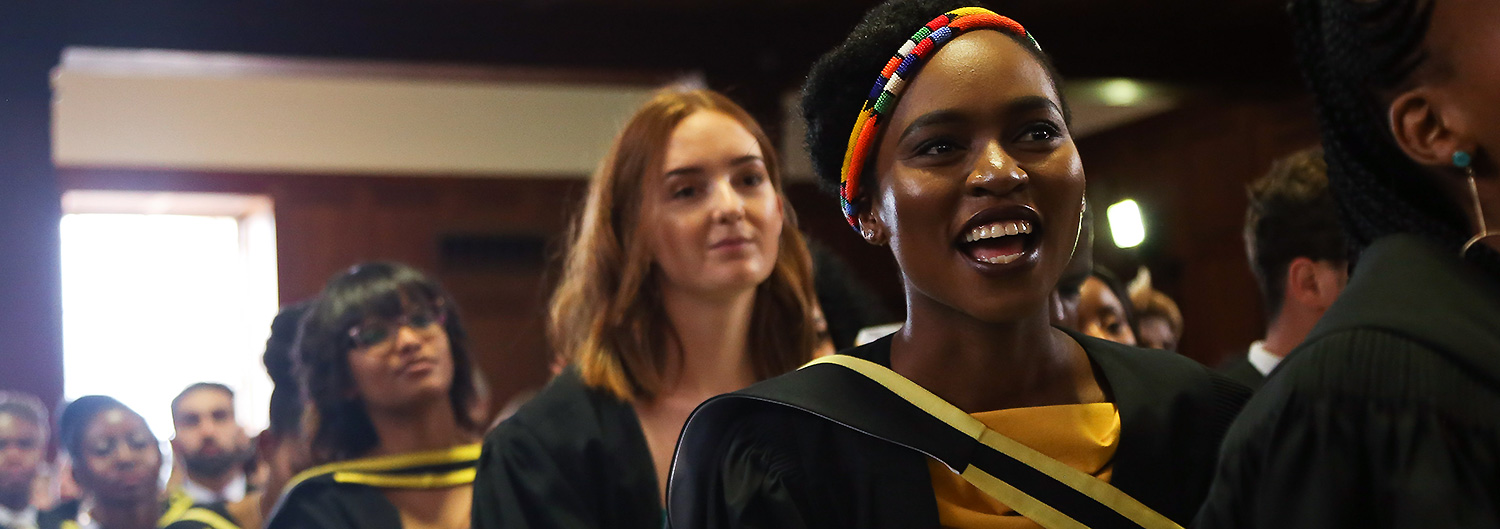
Full ceremony recordings
Creative works and book awards
UCT recognises and celebrates major creative works and outstanding books produced by members of staff at the university.
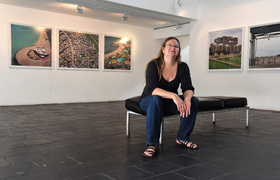
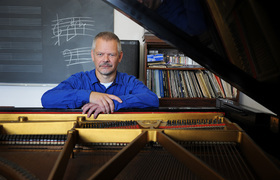
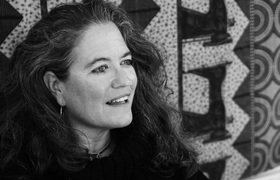
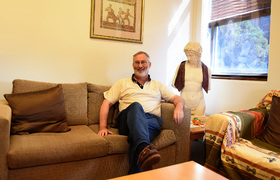
Inspired to achieve
Read about some of our remarkable students who are graduating this season.

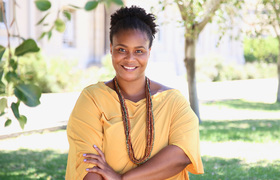
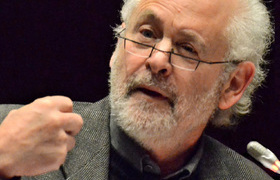
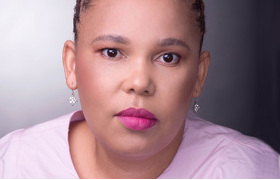
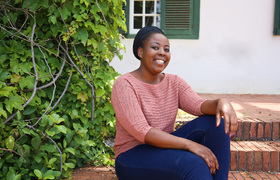
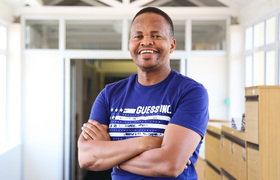

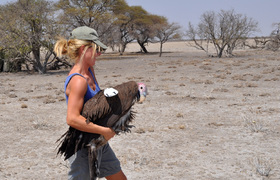
Golden memories
Members of the University of Cape Town’s class of 1968 will reunite to celebrate their Golden Graduation this week. Madi Gray, a veteran of the nine-day Bremner sit-in of 1968, will be among those UCT alumni celebrating this milestone.








